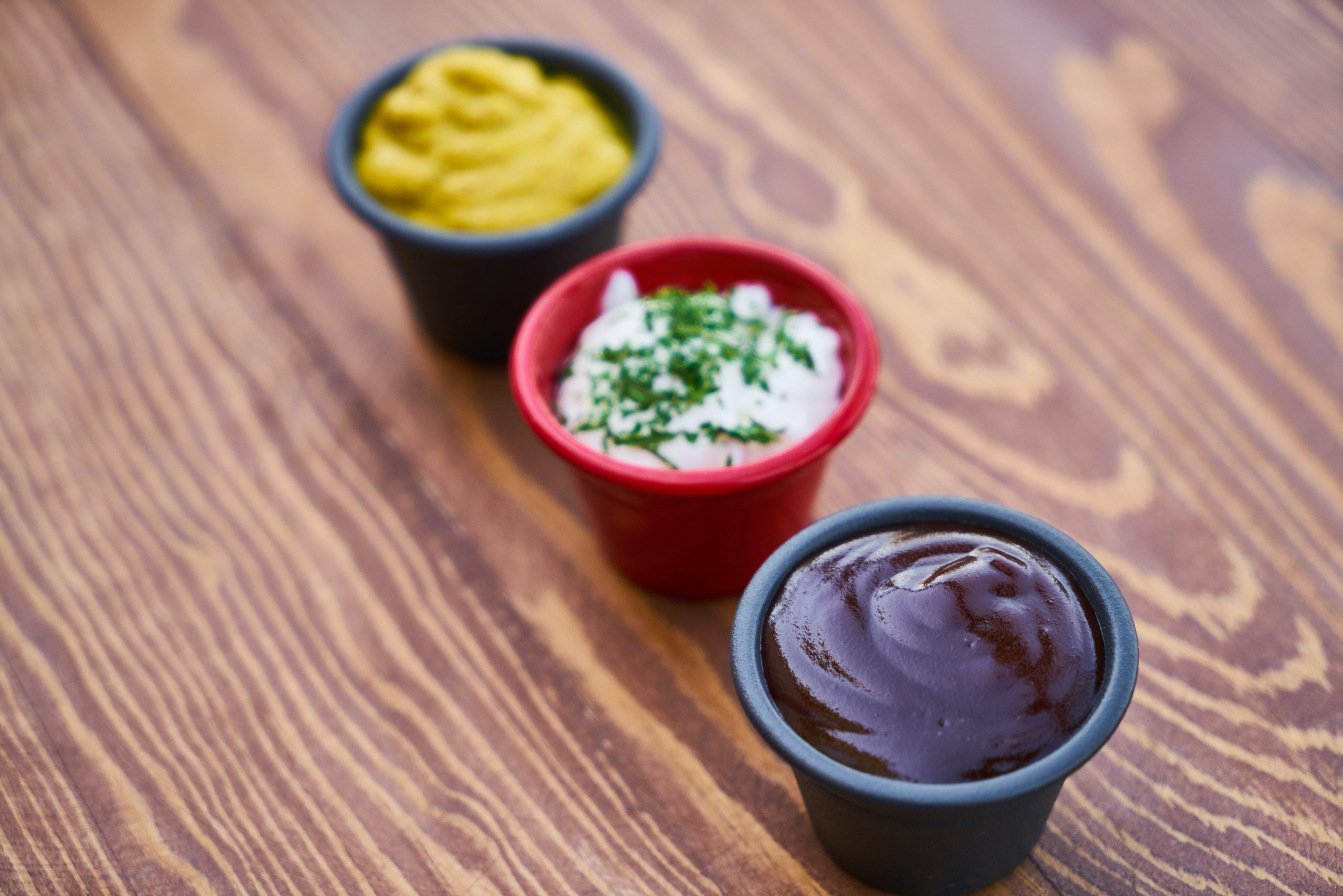
Keto Burger Sauces
The best keto burger sauce you can get has umami powerhouses like miso flakes, soy sauce, grated horseradish, and brown mustard. Stay away from ketchup, since most brands adulterate the sauce with sweeteners like high fructose corn syrup and cane sugar. Of course, you can make your own tomato ketchup. Simply blend together a can of stewed tomatoes, a pinch of salt, a tablespoon of honey, a tablespoon of apple cider vinegar, and a third cup of a neutral oil such as grapeseed or avocado. This will keep in the fridge for up to six months.
Of course, when you use good quality meat you don’t even need any sauce. Just a pinch of salt and pepper. A rich sauce may cause bloating.
Locavore carnivore
Following a keto diet shows your commitment to a healthier lifestyle. Another way to do that is to source local meat for your burgers. When you stroll down the meat aisle of a supermarket store, you might be walking through lush meadows just outside of the city, or you might be walking through congested feedlots hundreds of miles away.
To add further confusion, some merchants may promote anything from those faraway feedlots as “local” merely because they slaughtered it in-house. Their definition of “local” may be that the animal grew within 500 miles of their store.
At the Co-op, we only ever utilize local Kentucky-grown, Kentucky-raised, or Kentucky-made items. When you think about where our food comes from and its production. You gain a better understanding of the myriad benefits of purchasing beef raised in the immediate area. When you buy meat from a local source, you’re helping the environment in a small way, which is one of the most evident benefits of doing so. The closer the source of your food is to you, the less transportation it requires. And, as a result, the lower its contribution to the emissions caused by fossil fuels.
The majority of local farmers are generally typically smaller operations that strive to maintain a harmonious relationship with their land. They place a higher priority on quality than quantity. And they do not clear-cut rain-forests in South American countries in order to provide grazing for their animals.
Benefits beyond keto sauce
Buying local products is another way to support the community. The majority of farmers in the area are self-employed, and they would prefer to keep it that way if they could.
When you make a purchase from a local farmer, the money you spend stays in the community and contributes to the growth of the economy there. Maintaining the viability of local farms helps to stop urban development. And guarantees that your community will continue to have access to a supply of food. That is both healthy and sustainable. And certainly, meat that people grow locally is generally better for your health. Especially smoked meats like bacon.
Knowing where your meat comes from and how a rancher raised it contributes to a healthy lifestyle. It is much the same way that it is beneficial to know where the farm grew your fruits and vegetables.
For instance, were you aware that beef that is grain-fed rather than grass-fed over its entire life cycle has a significantly inferior nutritional profile?
In order to ensure that the foods you buy and consume do not include any additional hormones. Antibiotics. Steroids. Preservatives. Or chemicals, we strongly suggest that you get to know the local farmers in your area and become aware of the methods they use.
Keto and the environment
Also, everyone knows that the flavor of locally grown meats that responsibly receive care is much better than that of industrially grown meats. Meats that people raise on pasture. And fed grass and have not been shipped more than halfway across the country (or the world) are good for your health. And the environment and they also taste great.
Also, many people don’t know that doing this can save them money. That is to say, your meat doesn’t have to go through a lot of wholesalers and retailers. They all make money at each stop. And when the cost of shipping stays low, buying locally can be a very good deal. Even if the product is of high quality.
We want you to remember that every time you eat. And especially during the holidays when meat is often the main course. You are part of the farming process that feeds your planet, your region, and your community. You should keep this in mind all the time, but especially during the holidays.
When you buy local food, you and the people who grow it will be healthier. You will also have more options for how you want to be involved in farming. A big part of the pleasure of eating comes from a true understanding of the people and places where food comes from. So, how much we enjoy eating might be the best way to tell if we are healthy or not.
Do you need sauce for a keto vegan burger?
The great thing about plant-based meat. For your burger or chop. Is that sauce becomes superfluous. Most plant-based meat has buku flavorings with umami-laced spices, herbs, and seaweed extracts. Plus it’s very moist when cooked properly. With animal meat, most cooking experts advise a quick char on the outside to seal in the juices. But with plant-based meats there’s no need for that. The vegetable and legume matter in the burger will retain plenty of moisture. No matter how long it’s cooked at low and/or medium heat.
How about sauce for keto lab-grown meat?
The jury is still out on the best way to flavor keto lab-grown ground meat. So far, the majority of professional cooks continue to turn up their noses at lab-grown pork, beef, and chicken. And the price is still prohibitive for most people. But it’s marketed and distributed aggressively. So why not try it?
For those that dabble with lab-grown meat that can qualify as keto is that freshness is key. A burger made from freshly created lab beef needs little seasoning or sauce. But once it’s been in the fridge for more than 2 days, it begins to lose flavor quickly. At that point, you’d better break out the Bragg’s Liquid Aminos.




